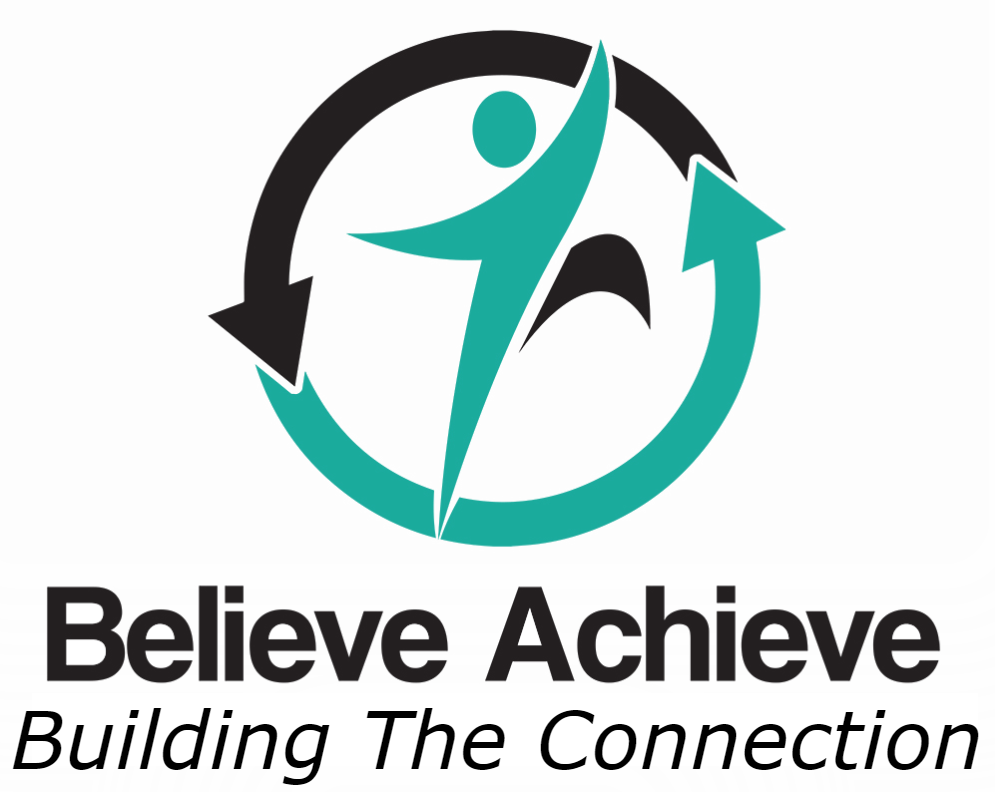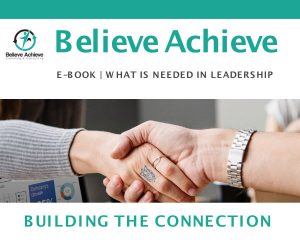Last Sunday I lost one of my true best friends to cancer. She was my coach, confidante, teacher, and mentor. I say this and yet we had never met in person.
The conversations we had were always positive and inspiring. She never sugar coated the truth and instead spoke about it in a way that was helpful and not fearful. She was able to lift my mindset from searching for threat, to thinking about possibility and discovery.
Her skill was in asking great questions.
My friend’s legacy for me is to spread the importance of having healthy and courageous conversations. The conversations that engage, excite, and connect us. Whilst they can also be challenging and uncomfortable, their intention is always to build trust and relationships.
It doesn’t matter if you are talking in a meeting, to a client, or with a team member, if your intention is, first and foremost, to build the trust and the relationship it will completely change the nature of what you say and how you say it.
Try it and observe what happens.
Normally we are unaware of our intentions when we engage in conversations. Our intention could be to win the argument, to influence someone to your way of thinking or, to change their behavior. When we don’t get what we want from the conversation we blame the other person and tend to judge them negatively. Sadly, the fault is all ours because we don’t have the skills or the how-to to hold a better conversation.
When I coach clients, our most engaging conversations focus on building awareness into their conversational patterns. This is an area very few of us have a lot of insight. My clients learn how changing these patterns will bring about significant improvements in how they interact with others.
This isn’t easy work, change is hard for everyone. It takes courage, effort and practice. The results however, come quickly.
Many of my clients are technical and engineering professionals, and I’ve seen how these insights and discoveries have had a profound effect on their ability to influence and motivate others.
They can soon see that everything happens through conversation.
The impact my friend has had on global corporations, children, leaders, and me is phenomenal and cannot go unrecognized.
And she has done this all through the power of conversation.
Mastery of conversations is one of the rare skills that transcends religion, race, culture and language.
Rest in Peace Judith


